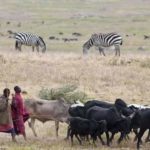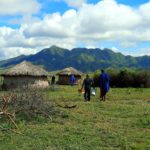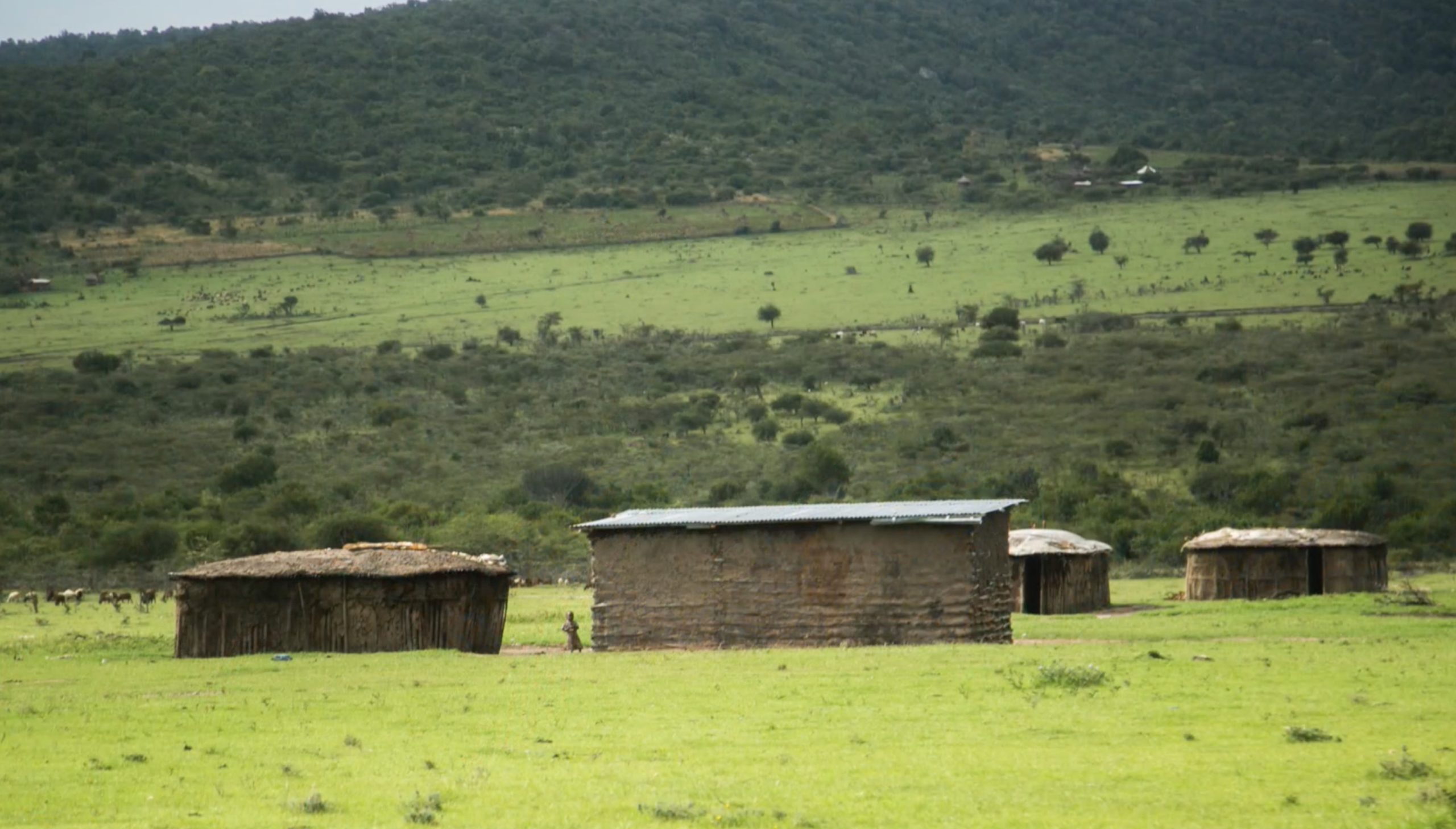Manzapo, P & Yamat, L
The Ngorongoro Conservation Area in northern Tanzania is a spectacular area made up of expansive plains, forests and savanna. It’s also home to a huge caldera – a depression that forms when a volcano erupts and collapses – known as the Ngorongoro Crater.
The Conservation Area, covering about 8,292km2, is special for the large number of wildlife that live there which led to it being declared a World Heritage site in 1979.
It’s also special because when it was established in 1959 it was planned as a multiple land use area in which wildlife co-existed with Maasai pastoralists. Pastoralists have grazed this area for at least the last 100 years and were assured permanent land rights. These included movement rights, residence rights and grazing and cultivation rights.
But there are concerns that the Tanzanian government is trying to force thousands of people off the conservation area. This is being done through harassment and restrictions – such as bans on crop cultivation and limiting access to rivers and rangelands for grazing their livestock.
The government argues that relocating the pastoralists will help conserve this World Heritage site. This stems from claims by MPs that the reserve is under threat from a booming human and livestock population.
It is true that the number of people has increased over the past 60 years. Between 1959 and 2017 the population in the Ngorongoro Conservation Area rose from about 10,000 to about 100,000 people. The number of livestock usually fluctuates around 250,000 heads per year.
In the meantime, over the past 60 years, wildlife species – such as African buffalo, Thomson gazelle and giraffe – in and around the Ngorongoro Crater have declined or remained stagnant. Such decline has been attributed to both natural stressors, such as changing rainfall patterns, and human stressors, for instance competition over grazing land.
As researchers on livestock and the environment – and having studied the Ngorongoro conservation area and interventions that support pastoralist communities – we argue that removing these communities isn’t the answer to conserving the environment.
We argue that, if the government’s reason is to protect the environment, then it’s crucial to support communities that share the area with wildlife.
Read more from this article through https://theconversation.com/evicting-people-from-tanzanias-ngorongoro-conservation-area-is-a-bad-idea-there-are-alternatives-177547





